nuntium
-
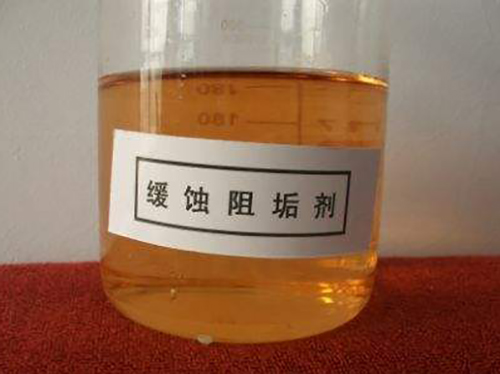 Finding the right flocculant for sale is crucial for industries such as wastewater treatment, miningLege plus
Finding the right flocculant for sale is crucial for industries such as wastewater treatment, miningLege plus -
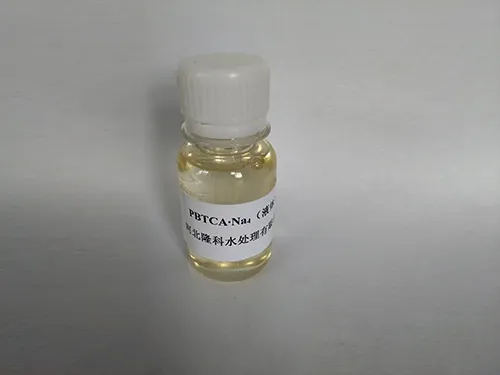 In the world of chemical compounds, each substance has its unique identifier known as the CAS numberLege plus
In the world of chemical compounds, each substance has its unique identifier known as the CAS numberLege plus -
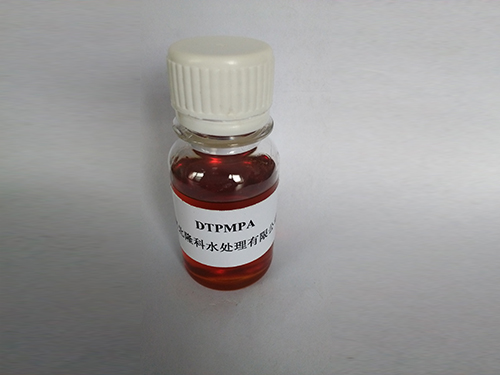 Ethylparaben, identified by the CAS number 139-07-1, is a prevalent compound in the world of cosmetiLege plus
Ethylparaben, identified by the CAS number 139-07-1, is a prevalent compound in the world of cosmetiLege plus -
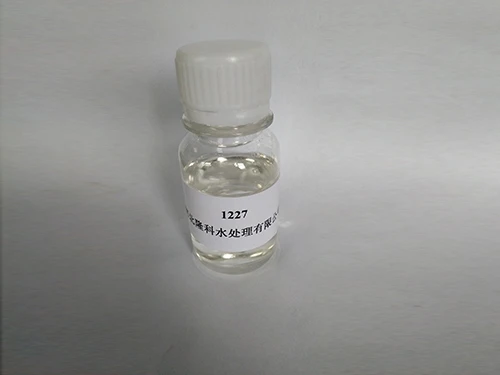 In the realm of chemical compounds, the identifier CAS number 8001-54-5 represents a well-known quatLege plus
In the realm of chemical compounds, the identifier CAS number 8001-54-5 represents a well-known quatLege plus -
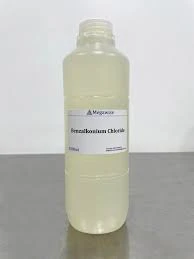 Ensuring the safety and efficacy of cleaning agents in numerous industries is paramount, and among tLege plus
Ensuring the safety and efficacy of cleaning agents in numerous industries is paramount, and among tLege plus -
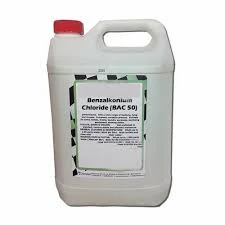 CAS No. 8001-54-5, commonly known as benzalkonium chloride, is a compound of substantial significancLege plus
CAS No. 8001-54-5, commonly known as benzalkonium chloride, is a compound of substantial significancLege plus -
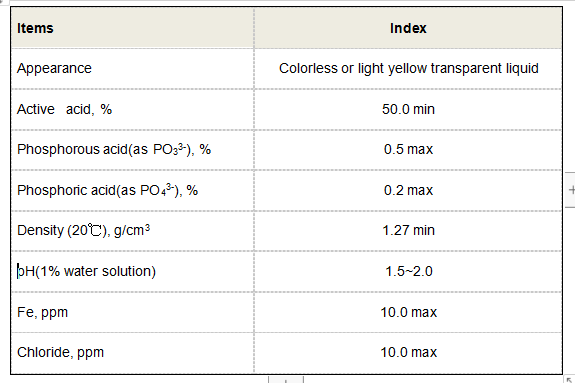 When exploring the chemical realm, the substance identified by CAS No. 63449-41-2 stands out as a prLege plus
When exploring the chemical realm, the substance identified by CAS No. 63449-41-2 stands out as a prLege plus -
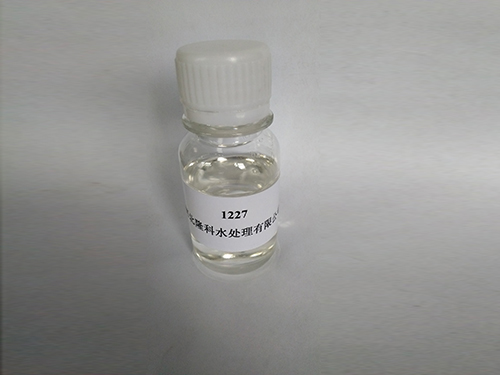 Navigating the vast realm of chemical compounds often leads one to discover substances like 8001-54-Lege plus
Navigating the vast realm of chemical compounds often leads one to discover substances like 8001-54-Lege plus -
 In the expansive universe of chemical compounds, each substance carries its unique fingerprint, compLege plus
In the expansive universe of chemical compounds, each substance carries its unique fingerprint, compLege plus -
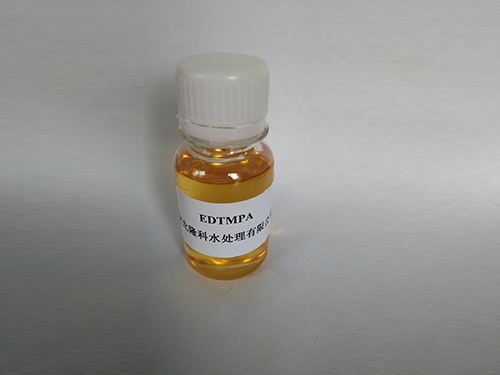 In the ever-evolving landscape of adhesives, few products match the versatility and reliability of tLege plus
In the ever-evolving landscape of adhesives, few products match the versatility and reliability of tLege plus
Tardus News & Blogs
view more -
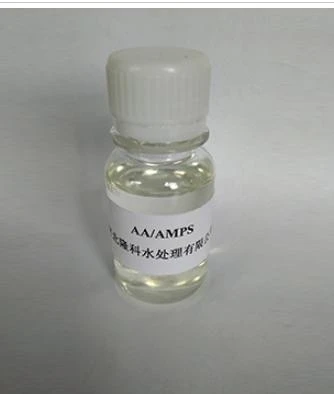 Understanding Polycarboxylic Acids: Properties, Applications, and Future PotentialPolycarboxylic acids are a versatile group of polymers widely used in water treatment, cleaning products, concrete admixtures, textiles, and even sustainable materials.lege plus
Understanding Polycarboxylic Acids: Properties, Applications, and Future PotentialPolycarboxylic acids are a versatile group of polymers widely used in water treatment, cleaning products, concrete admixtures, textiles, and even sustainable materials.lege plus -
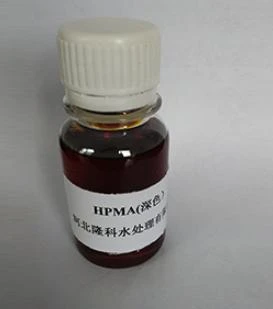 Scale Inhibitor Explained: How to Protect Your System from Limescale and Hard Water DamageIn water systems—from industrial boilers and cooling towers to household appliances—scale is a persistent enemy.lege plus
Scale Inhibitor Explained: How to Protect Your System from Limescale and Hard Water DamageIn water systems—from industrial boilers and cooling towers to household appliances—scale is a persistent enemy.lege plus -
 Scale and Corrosion Inhibitors: Essential Chemicals for Industrial Water System ProtectionIn industrial water systems—cooling towers, boilers, heat exchangers, pipelines, and RO systems—two silent threats can cause serious damage over time: scale formation and corrosion.lege plus
Scale and Corrosion Inhibitors: Essential Chemicals for Industrial Water System ProtectionIn industrial water systems—cooling towers, boilers, heat exchangers, pipelines, and RO systems—two silent threats can cause serious damage over time: scale formation and corrosion.lege plus -
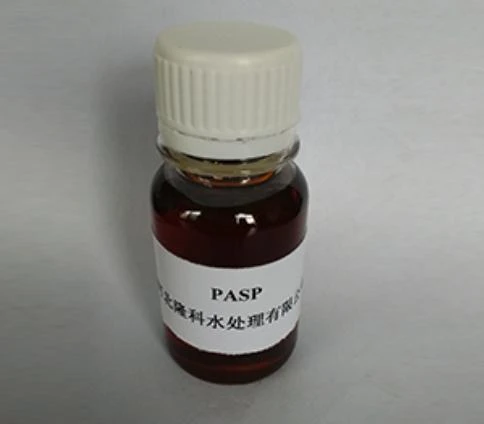 Polyaspartic Acid: A Biodegradable Polymer for Sustainable ChemistryAs industries move toward more sustainable materials, polyaspartic acid (PASP) is gaining traction across sectors—from water treatment and agriculture to coatings and biomedical applications.lege plus
Polyaspartic Acid: A Biodegradable Polymer for Sustainable ChemistryAs industries move toward more sustainable materials, polyaspartic acid (PASP) is gaining traction across sectors—from water treatment and agriculture to coatings and biomedical applications.lege plus






